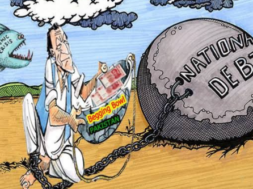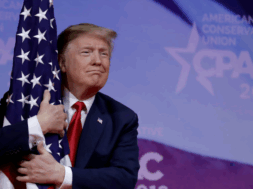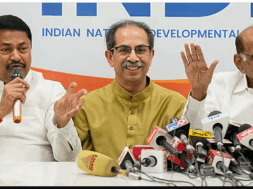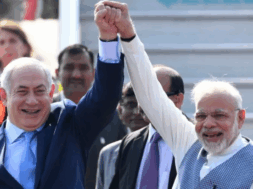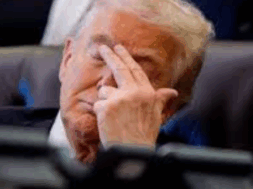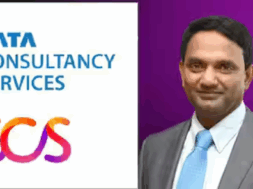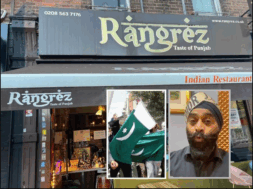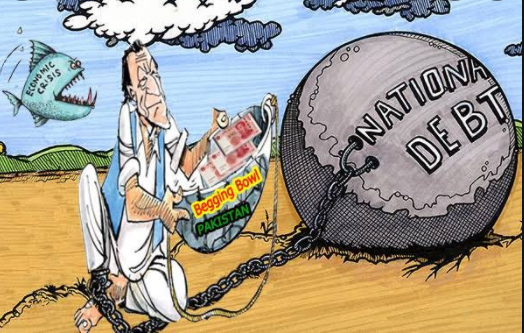
Roving Periscope: Imran seeks people’s gold to spruce up the economy
Virendra Pandit
New Delhi: When Pakistan Prime Minister Imran Khan’s government is considering a proposal to borrow gold biscuits and bars from the people to increase foreign exchange reserves, an artist has sought help to complete the world’s largest copy of the gold-plated Holy Book of The Qur’an.
Pakistan’s economy is sliding continuously despite taking over USD 5 billion in loans in the past three months from bilateral and multilateral creditors. The proposal to borrow gold from the people was recently discussed in the Economic Executive Council (EEC), the government body comprising ministries related to economic affairs, and the State Bank of Pakistan (SBP)’s governor, the media reported.
Meanwhile, Karachi’s artist and sculptor Shahid Rassam has urged the government and non-profit organizations to help him complete the world’s largest copy of the gold-plated Quran. The work on the Holy Book started in 2016 and would take another two years for completion.
He said they would undertake the project with around 200 kilograms of gold, 2,000 kg of aluminum, and 600 rolls of canvas. The Holy book’s copy would have a 2.6-meter length and two-meter width. An estimated USD 35 million is required to complete the project, comprising 500 pages of The Quran.
According to the government proposal to improve the economy, Pakistan’s commercial banks will issue a negotiable discounted instrument to the gold owner among the people and pay an interest rate on the yellow metal. The commercial bank will deposit the gold with the SBP that can monetize it to increase the foreign exchange reserves, largely balanced by taking expensive foreign loans.
Pakistan’s central bank, SBP, already has 2.01 million fine troy ounces of gold reserves valued at USD 3.8 billion, according to the SBP’s reserves position statement of December 31, 2021. The SBP’s reserves have relentlessly declined and slid to USD 17 billion as of February 11.
In the past three months, Islamabad took a USD 3 billion loan from Saudi Arabia, raised the most expensive debt of USD 1 billion in Pakistan’s history by pledging motorway, and received another USD 1 billion from the International Monetary Fund (IMF). The reserves could not be stabilized because of lower exports and higher imports along with growing foreign loans repayments.
An expatriate Pakistani, Tahir Mahmood, had initially floated the proposal to borrow gold from people against a negotiable instrument. Khan referred it to the EEC, which has now fine-tuned it to increase reserves and bring more cash into the market against an idle asset, gold.
In the last EEC meeting, Finance Minister Shaukat Tarin said the aim of the gold-based negotiable instruments was to “translate gold into foreign currency to enhance foreign exchange reserves”.
According to some estimates, Pakistani people have roughly 5,000 tonnes of gold bars and biscuits.
The EEC was also worried about the low tax contributions by the jewelers. Of the nearly 36,000 jewelers across Pakistan, only around 50 are registered with the government for sales tax.
In January, the government levied a 17 percent sales tax on the sale of gold and jewelry.
